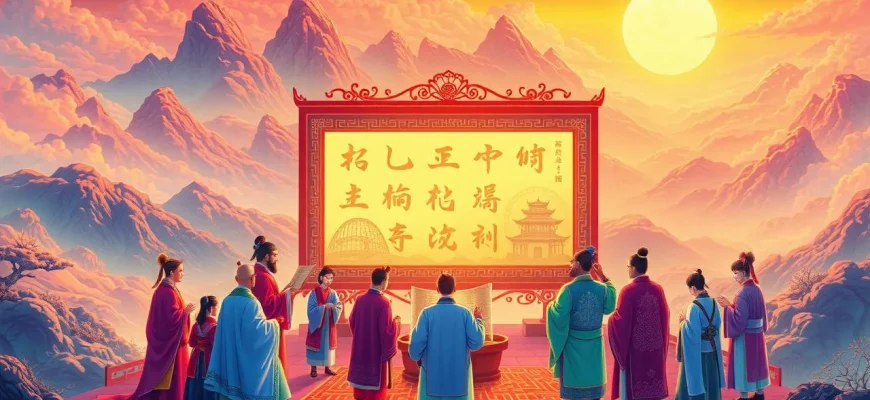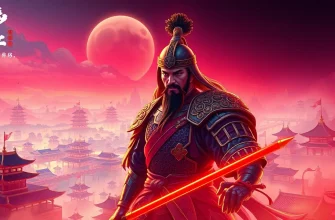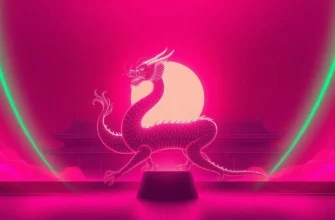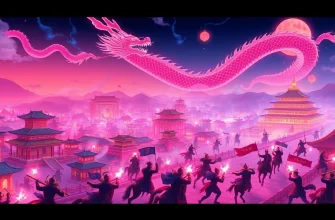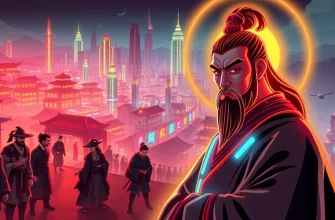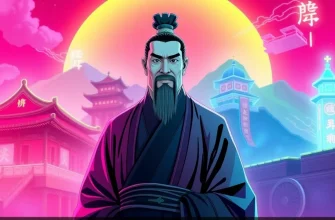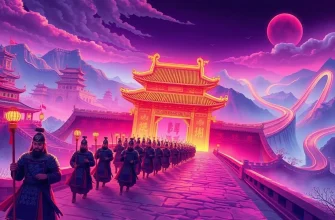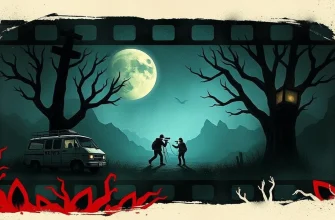Embark on a cinematic journey through the annals of Chinese history and philosophy with this curated selection of films. Each movie offers a unique perspective on the profound teachings and cultural heritage of China, providing not just entertainment but also a deep dive into the philosophical underpinnings that have shaped Eastern thought for millennia. Whether you're a cinephile, a history buff, or someone seeking enlightenment, these films are a treasure trove of wisdom, drama, and visual splendour.
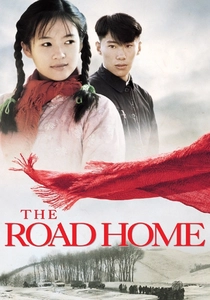
The Road Home (1999)
Description: This film, set in rural China, reflects on Confucian virtues of filial piety and the simplicity of rural life, offering a poignant narrative on love and tradition.
Fact: The film was shot in black and white to evoke a sense of nostalgia and timelessness.
 Watch Now
Watch Now
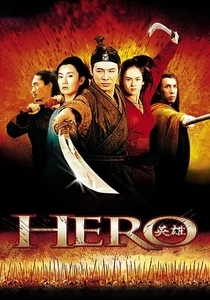
Hero (2002)
Description: While not directly about philosophy, 'Hero' explores themes of duty, loyalty, and the greater good, reflecting Confucian and Taoist ideals through its narrative and stunning visuals.
Fact: The film's colour palette was meticulously chosen to represent different philosophical concepts.
 Watch Now
Watch Now
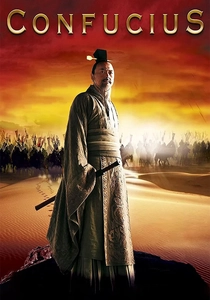
Confucius (2010)
Description: This biographical drama delves into the life of Confucius, exploring his teachings and the impact of his philosophy on Chinese society. It's a must-watch for understanding the roots of Confucianism.
Fact: The film was shot in various locations across China to authentically capture the era's atmosphere.
 Watch Now
Watch Now
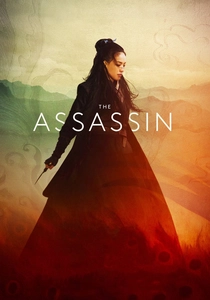
The Assassin (2015)
Description: This film, set in the Tang Dynasty, subtly weaves Taoist and Buddhist philosophies into its tale of revenge and redemption, offering a meditative look at life's complexities.
Fact: Director Hou Hsiao-Hsien spent years researching the period to ensure historical accuracy.
 Watch Now
Watch Now
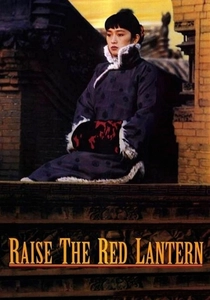
Raise the Red Lantern (1991)
Description: Set in the 1920s, this film explores the Confucian concept of hierarchy and the oppressive nature of traditional family structures, offering a critique of patriarchal society.
Fact: The film's title refers to the tradition of raising lanterns to signify which concubine the master will visit that night.
 30 Days Free
30 Days Free
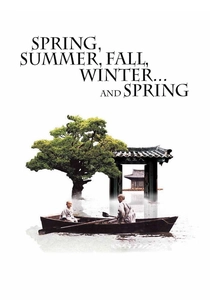
Spring, Summer, Fall, Winter... and Spring (2003)
Description: A poetic exploration of life's cycles through the lens of Buddhist teachings, this film uses the changing seasons to reflect on human nature and spiritual growth.
Fact: The entire film was shot on a single floating monastery in South Korea.
 30 Days Free
30 Days Free
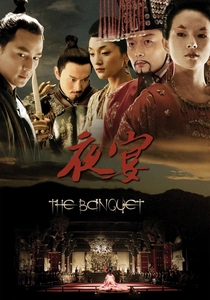
The Banquet (2006)
Description: A modern retelling of Shakespeare's 'Hamlet' set in ancient China, this film explores themes of power, betrayal, and Confucian ethics in a visually stunning manner.
Fact: The film's elaborate costumes and sets were designed to reflect the opulence of the Tang Dynasty.
 30 Days Free
30 Days Free
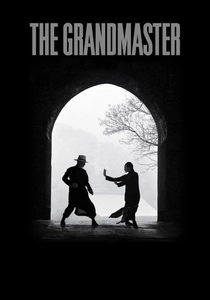
The Grandmaster (2013)
Description: This martial arts epic delves into the philosophical underpinnings of Wing Chun, reflecting Taoist principles of balance and harmony in its fight choreography.
Fact: The film's fight scenes were choreographed by Yuen Woo-ping, known for his work on 'The Matrix' and 'Crouching Tiger, Hidden Dragon'.
 30 Days Free
30 Days Free
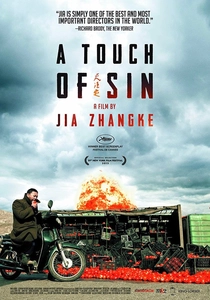
A Touch of Sin (2013)
Description: While focusing on modern issues, this film subtly critiques the erosion of traditional Chinese values, reflecting on the philosophical implications of societal change.
Fact: The film is inspired by real-life events, showcasing the darker side of contemporary China.
 30 Days Free
30 Days Free

To Live (1994)
Description: Though not explicitly philosophical, 'To Live' captures the essence of Confucian values like family, perseverance, and the moral fabric of society through the tumultuous times of 20th-century China.
Fact: The film was banned in China for its critical portrayal of the Cultural Revolution.
 30 Days Free
30 Days Free

